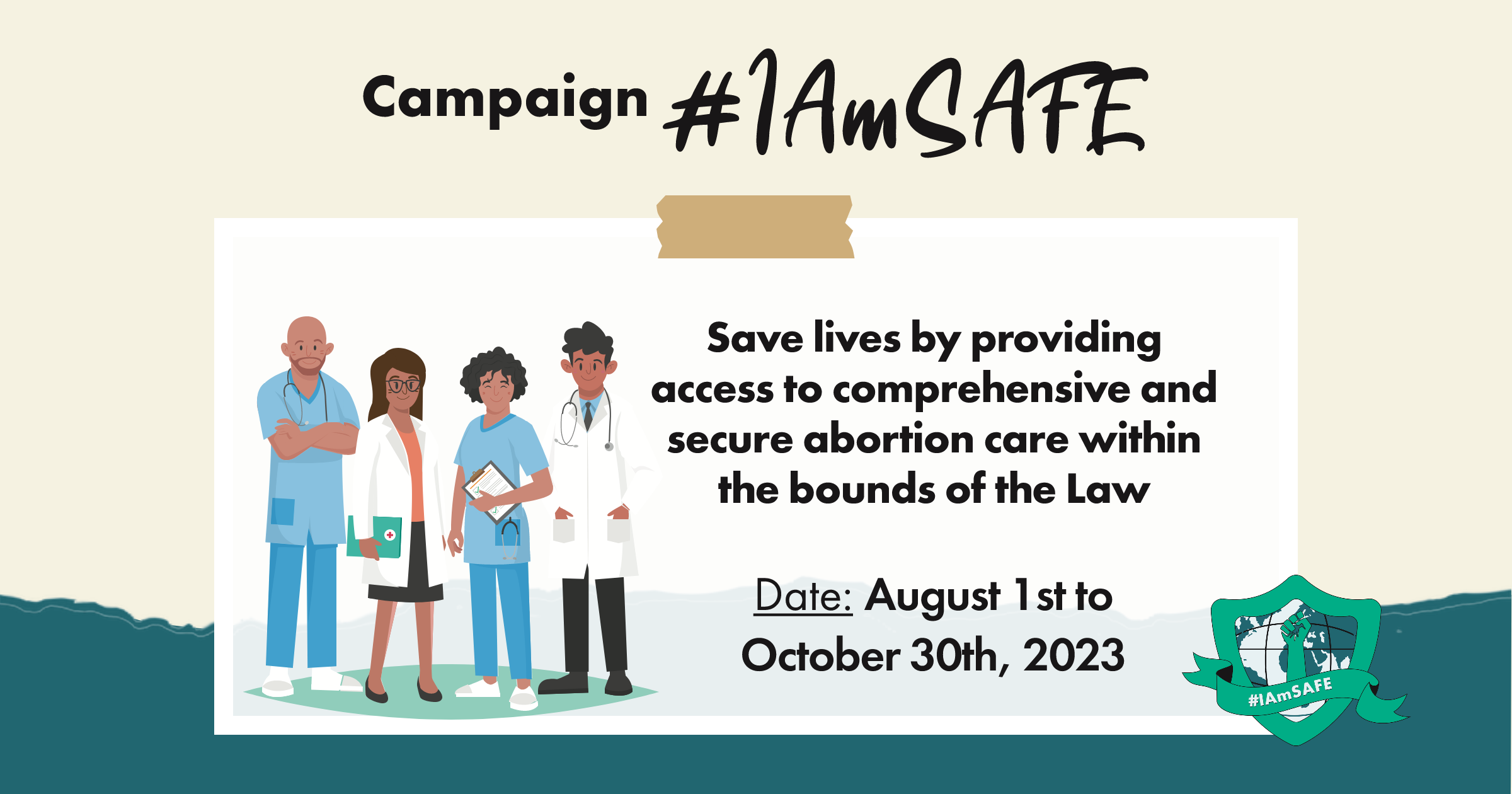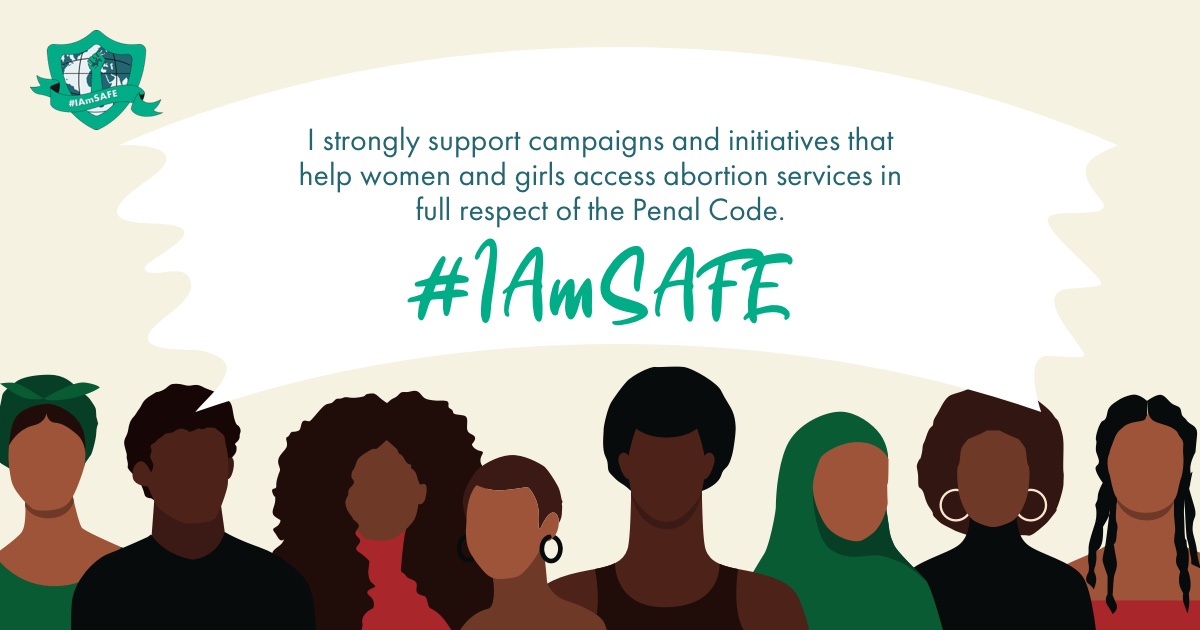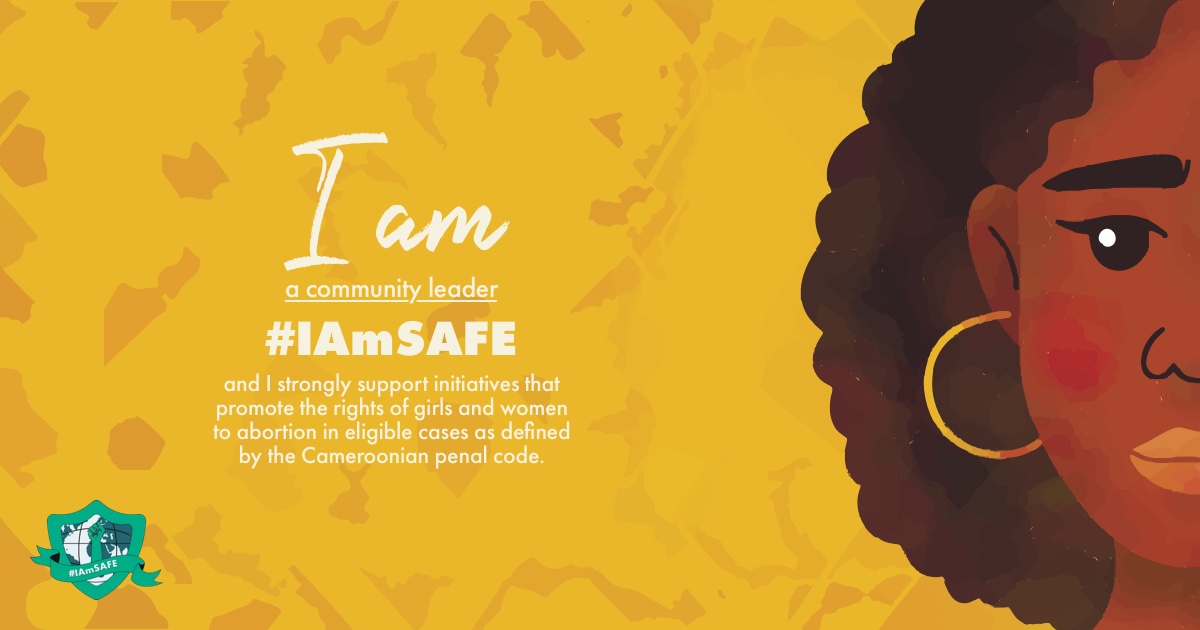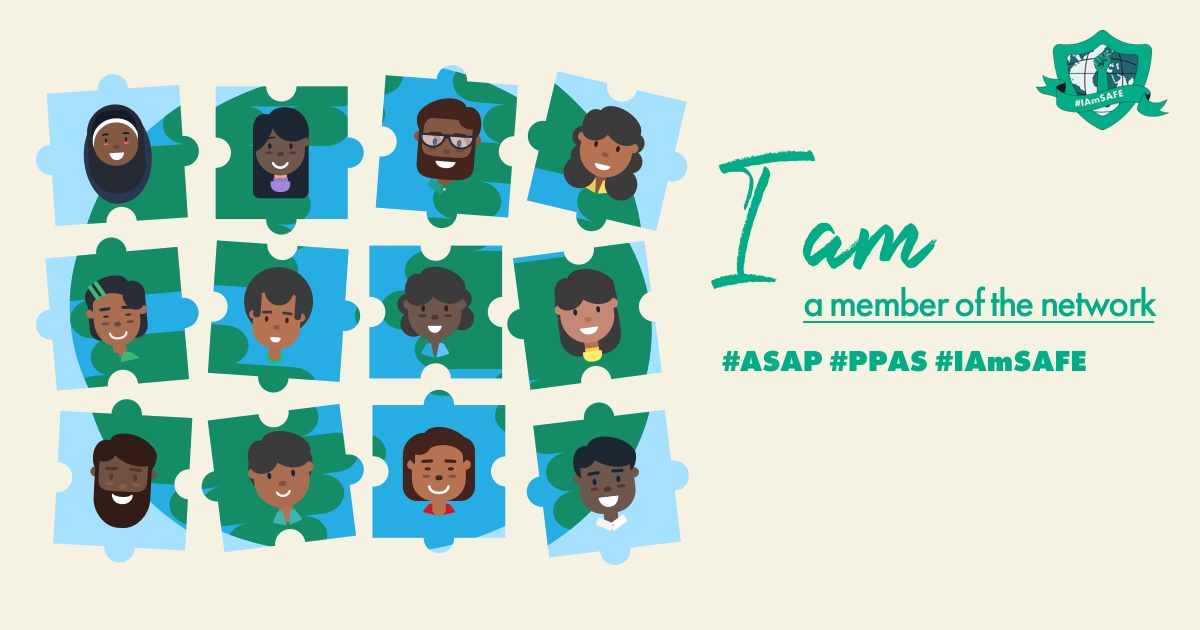The right to sexual and reproductive health (SRH) is an essential part of the right to life, the right to health, the right to education and the right to equality and non-discrimination.1 Access to SRH services is a critical component of enabling women and girls to achieve the highest standards of health and wellbeing.
Countries across the world have committed to ensuring that women and girls have the right to make decisions about their health, bodies and lives. Yet several legal, policy, socio-cultural and systemic barriers continue to hinder access to lifesaving SRH procedures such as safe abortion, which is time-sensitive, essential health care. A significant barrier occurs when providers and allied staff have a conflict of conscience and claim the right to refuse safe abortion services.
“Conscientious objection” is the refusal to perform a role or discharge a responsibility because of personal, religious or moral beliefs. In the context of abortion care, invoking conscientious objection has become a widespread global phenomenon and one that constitutes a barrier to these services for many women and girls.2 Conscientious objection is manifest when a health care provider refuses to administer abortion services or information on the grounds of conscience or religious belief.3
While abortion laws vary greatly from country to country, health care providers have exempted themselves from their professional duties even in countries or under circumstances where abortion is legal.1 Research has shown that invoking conscientious objection has been inconsistently practised and misused in different contexts.2 As a result, doctors, nurses, midwives and pharmacists around the world have denied women and girls – including victims of sexual and life-threatening violence – access to abortion care by claiming that their right to exercise conscientious objection trumps women’s and girls’ sexual and reproductive rights.4
FIGO position on the issue
FIGO regards reproductive autonomy, including access to safe abortion services, as a basic and non-negotiable human right of every woman and girl globally. FIGO is committed to reducing maternal mortality and morbidity from unsafe abortions.1 We unequivocally recognise that the primary conscientious duty of health care providers at all times is to treat, provide benefit and prevent harm to the patients whose care they are responsible for. Any conscientious objection to treating a patient is secondary to this primary duty; therefore, essential services cannot be denied. All providers have a professional responsibility to ensure that every patient receives the clinical care they have authorised in the informed consent process.
FIGO further recognises that while providers should not be discriminated against or disrespected for their beliefs, should they refuse to provide abortion services, they must provide appropriate referrals to ensure women and girls in need can access these services in a timely manner.
Furthermore, providers should not invoke conscientious objection in emergency situations, such as in cases of sexual violence or where a woman’s or girl’s life or health is in danger. In such situations, providers must provide the medically indicated care chosen by their patients, regardless of their own personal beliefs. Post-abortion care similarly cannot be denied, as providing this care does not make one a participant or complicit in another’s prior acts causing the need of such care.
Whenever the exercise of conscientious objection results in delays, increased burdens for women and girls, or no access at all, it should no longer be accepted as conscientious objection but defined as an unjustified denial of health services. In order to maintain the exercise of conscientious objection in compliance with the principles of ethical issues in obstetrics, and gynaecology bioethics, where safe abortion is concerned all necessary adjustments must be made to ensure that the abortion is provided in a timely fashion and with high standards of quality. All those invoking conscientious objection are responsible for such arrangements in advance.
FIGO acknowledges that the terminology of conscientious objection implies that those who do provide abortion services do so without conscience, when often the reverse is true; FIGO recognises these “conscientious providers”. Furthermore, we recognise the burden and stigma that conscientious objection puts on those who do provide abortion care, often leading to such providers being stigmatised, over-burdened, working without support of colleagues and management, and facing a detrimental impact on their careers. In some countries, conscientious providers risk and lose their lives.
In summary, refusal of care using claims of conscientious objection cannot be used:
- in emergency situations
- where referral is not possible or timely or where this results in undue barriers
- for post-abortion care
- by auxiliary staff or institutions.
It is preferable not to invoke conscientious objection at all in these scenarios.
FIGO recommendations
FIGO urges its national member societies and other stakeholders to work towards sensitising health care providers to their ethical and legal duties, aiming to reduce use of conscientious objection globally. Health care providers should ensure that women and girls across the world have the right to make their own reproductive choices – ones they think will enable them to achieve the highest standards of health and wellbeing.5,6 In this regard, FIGO recommends that all member societies undertake activities to meet the following goals.
- Member societies must engage with health care professionals and key stakeholders to educate and sensitise them to recognise the rights of women and girls. Health system biases should not hinder access to services. Women and girls should be able to exercise their legally safeguarded human rights.
- Member societies must be supported to initiate advocacy with their governments in order to develop laws, policies or guidance that set clear standards on the regulation of conscientious objection. Conscientious objection should be regulated so that its exercise is only possible for health care providers – its extension to administrative or support personnel should not be allowed.7–11 Health care institutions must not invoke conscientious objection to systematically object to the provision of abortion care.
- Member societies should ensure that health systems strictly regulate conscientious objection and hold health care providers or others accountable for its misuse.
- Member societies must engage with health system administrators to establish a strong referral system to ensure that providers refusing to provide abortion care based on grounds of conscientious objection can refer their patients to another provider who is willing and qualified to perform the procedure.
- Member societies should inform providers that they must render emergency obstetric care, including post‐abortion care that is within their means, to women and girls, without regard to whether as individuals they refuse to provide abortion.
- Member societies should train medical students to provide good quality care according to human rights standards and to not discriminate against women and girls when they seek abortion care.
- Member societies should advocate for and work with key stakeholders to prevent lack of access to accurate information and quality, safe reproductive health services, including safe abortion, post-abortion and contraceptive care.
FIGO commitments
FIGO commits to working with member societies to meet the above goals.
FIGO also commits to joining forces and building key partnerships with other organisations to advocate for the provision of non-judgemental, safe services for people globally.
References
1.United Nations Population Fund (UNFPA). 2017. Human Rights. Retrieved on July 27, 2017, from https://www.unfpa.org/human-rights.
2. Morrell KM, Chavkin W. Conscientious objection to abortion and reproductive healthcare: a review of recent literature and implications for adolescents. Curr Opin Obstet Gynecol 2015, 27:333–338.
3. Shanawani H. The challenges of conscientious objection in health care. J Relig Health2016;55(2):384-393.
4. Center for Reproductive Rights. Law and policy guide: Conscientious objection.
5. FIGO. FIGO Statement for International Safe Abortion Day. 2019.
6. FIGO Committee for the Study of Ethical Aspects of Human Reproduction and Women’s Health. Ethical Issues in Obstetrics and Gynecology. London: FIGO, 2016.
7. FIGO Committee on Ethical and Professional Aspects of Human Reproduction and Women’s Health. FIGO Ethics and Professionalism Guideline 072: Conscientious objection in training. In Chervenak FA, McCullough LB, eds. FIGO Ethics and Professionalism Guidelines for Obstetrics and Gynecology. London: FIGO, 2020: 193-195.
8. FIGO Committee on Ethical and Professional Aspects of Human Reproduction and Women’s Health. FIGO Ethics and Professionalism Guideline 014: Conscientious objection. In Chervenak FA, McCullough LB, eds. FIGO Ethics and Professionalism Guidelines for Obstetrics and Gynecology. London: FIGO, 2020: 45-47.
9. FIGO Ethical and Professional Aspects of Human Reproduction and Women’s Health Committee. FIGO Committee Statement: Ethical responsibilities in post-abortion care. Int J Gynecol Obstet 2019;146: 269-270.
10. FIGO Committee for the Ethical Aspects of Human Reproduction and Women’s Health. Ethical guidelines on conscientious objection. Int J Gynecol Obstet 2006;92: 333-334.
11. ACOG Committee Opinion No. 385: The limits of conscientious refusal in reproductive medicine. Obstet Gynecol 2007;110:1203-1208.

















